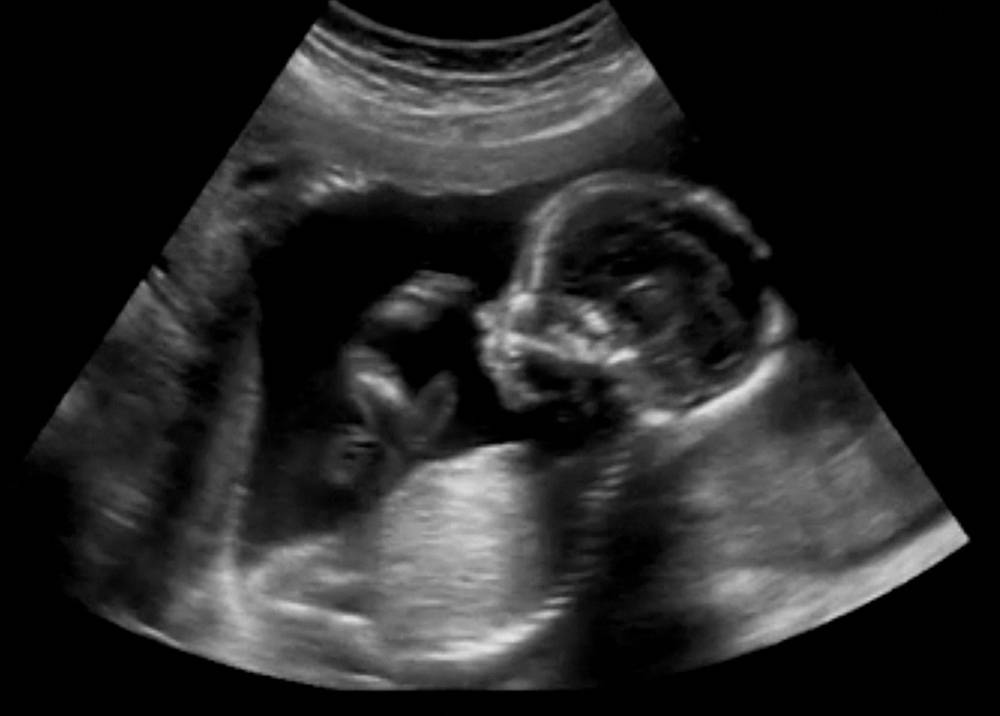In a medical breakthrough, doctors in Boston have successfully performed pioneering in-utero brain surgery, treating a rare condition known as vein of Galen malformation (VOGM).
This remarkable achievement marks the first instance of in-utero surgery being performed to treat this specific condition, shedding light on the potential of fetal surgeries to save lives and prevent postnatal complications.
Vein of Galen Malformation: A Threat to Infant Life
VOGM is a rare condition that occurs when the vein of Galen doesn’t develop properly. Galen is a blood vessel responsible for carrying blood from the brain to the heart. This malformation results in an excessive amount of blood stressing the vein and the heart, leading to a cascade of health problems including heart failure and severe brain injuries.
Typically, infants with this condition are treated postnatally. This is done by using a catheter to insert tiny coils to slow down the blood flow. However, this treatment often happens too late, leading to a mortality rate of around 40%, and severe neurological and cognitive issues in about half of the surviving infants.
A Pioneering In-Utero Surgery
In an extraordinary endeavour to change this grim prognosis, a team of doctors led by Dr Darren Orbach, a radiologist at Boston Children’s Hospital, performed an ultrasound-guided fetal surgery on a baby diagnosed with VOGM in the womb. This surgical procedure involved the insertion of a needle through the mother’s abdominal wall, threading a catheter through the needle to slow the blood flow and reduce pressure in the baby’s brain.
This in-utero procedure demonstrated immediate signs of improvement. Subsequently, scans showed decreased blood pressure in key areas of the baby’s brain. Following the surgery, the baby, named Denver Coleman, was born prematurely. However, there were no signs of heart failure or any need for immediate treatments typically required for babies with VOGM.
A Thriving Baby and a Promising Future
Now nearly two months after her birth, Denver continues to thrive. Additionally, the baby does not need any medications for heart failure, and her neurological exam is normal. There’s no indication that she needs any additional interventions. This successful in-utero surgery is a testament to Denver’s resilience and the medical prowess of her doctors.
This groundbreaking surgery has the potential to mark a paradigm shift in managing VOGM. It opens up the possibility of repairing the malformation before birth and preventing heart failure before it occurs, rather than trying to reverse it after birth. This could significantly reduce the risk of long-term brain damage, disability, or death among these infants.
Conclusion
While this is the first successful case, it is crucial to continue research to assess the safety and efficacy of other patients. The ongoing clinical trial at Boston Children’s Hospital and Brigham and Women’s Hospital will be crucial in this regard. Therefore, as this pioneering work continues, there is hope for many more medical miracles like Denver’s.

